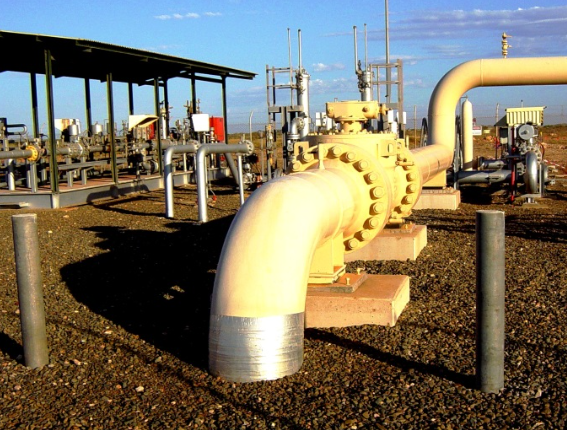Can South Africa Avoid the Looming Gas Shortage and Price Hikes?
South Africa faces looming natural gas crisis, with growing supply gap could trigger energy price shocks and industrial slowdowns as early..
•
Last updated: Wednesday, June 4, 2025

Quick overview
- South Africa is projected to face a significant natural gas shortage starting in 2026, despite recent offshore discoveries.
- The impending gas crisis could jeopardize around 70,000 jobs and up to 4% of the country's GDP, particularly affecting key industries.
- Declining gas output from Mozambique, which supplies over 85% of South Africa's natural gas, is a major factor contributing to the crisis.
- Urgent action and strategic planning are needed to prevent severe economic consequences and industrial disruptions.
South Africa faces looming natural gas crisis, with growing supply gap could trigger energy price shocks and industrial slowdowns as early as next year, raising alarms across economic sectors.
- Check out our free forex signals
- Follow the top economic events on FX Leaders economic calendar
- Trade better, discover more Forex Trading Strategies
- Open a FREE Trading Account
ABOUT THE AUTHOR
See More
Skerdian Meta
Lead Analyst
Skerdian Meta Lead Analyst.
Skerdian is a professional Forex trader and a market analyst. He has been actively engaged in market analysis for the past 11 years. Before becoming our head analyst, Skerdian served as a trader and market analyst in Saxo Bank's local branch, Aksioner. Skerdian specialized in experimenting with developing models and hands-on trading. Skerdian has a masters degree in finance and investment.
Related Articles
Sidebar rates
HFM
Related Posts
Pu Prime
XM
Best Forex Brokers
Join 350 000+ traders receiving Free Trading Signals